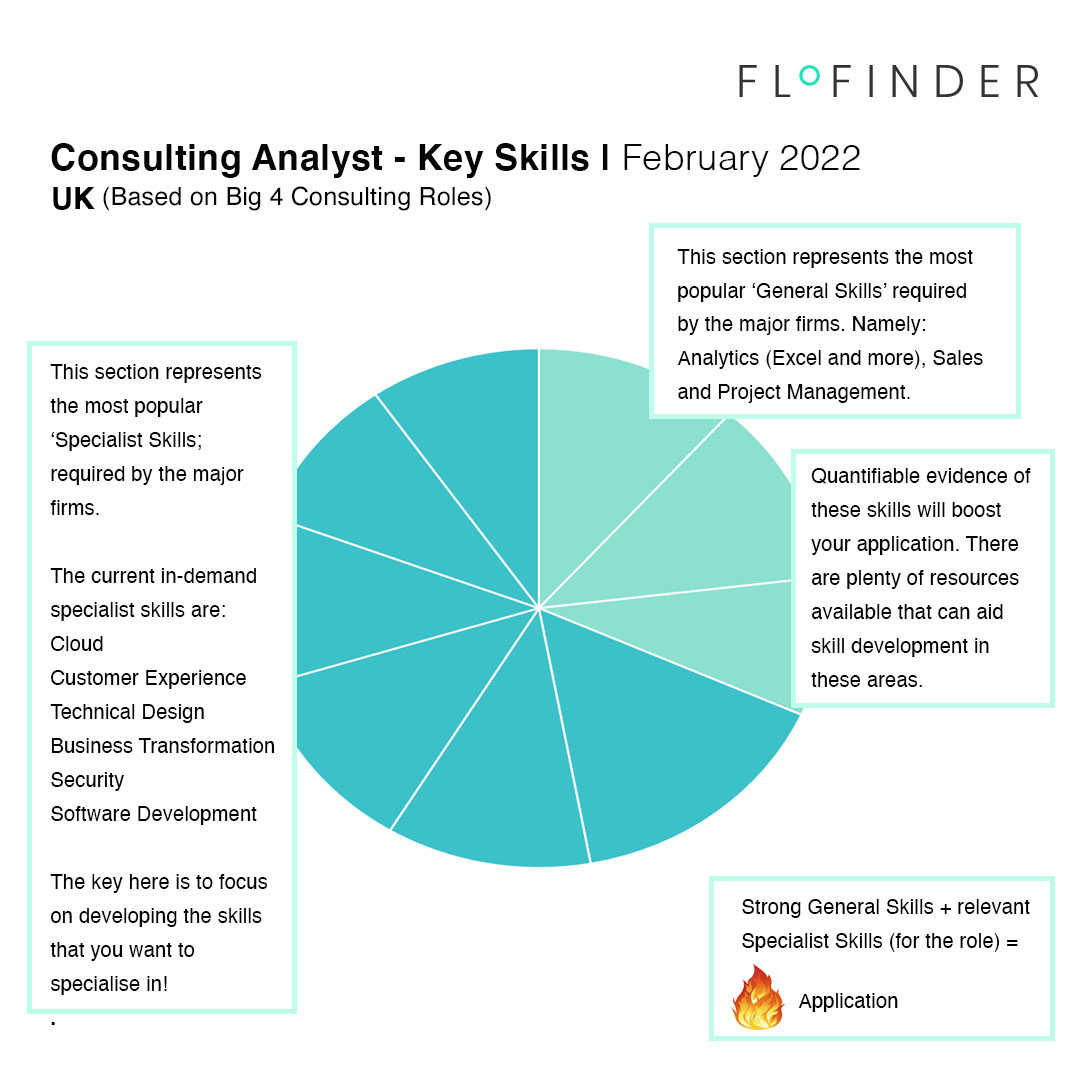
An analyst role in consulting, one of the most sought after jobs for new graduates. So why is it so popular? Well, when you compare it to Audit and Tax (sorry guys) it does look undeniably exciting – actually ‘advising’ clients, woah! Without a doubt, it’s a great role to pick-up a range of valuable skills and if you love to travel then even better.
Before we get into this further, however, there are a few misconceptions about what you will be doing in this role. If you think you will be strolling in to the boardroom and telling the CEO that things need to change then you may be disappointed. Outside of the Strategy function of most consulting arms, the majority of Big 4 consulting work will be related to the planning, design and implementation of technical solutions.
This is a key difference between Big 3 (McKinsey, BCG and Bain) and Big 4 consulting. The Big 3 will tell the boardroom what’s wrong, the Big 4 will actually get into the nuts and bolts of the issue and do the fixing. Therefore, it is important that you pick a consulting department that is in line with your long-term career goals. You will be learning a set of skills related to a specific technical area/niche and this will guide your long term career options moving forward.
So what do you need to be a strong consulting analyst? Let’s break it down with this diagram.

So a good consultant will have a mix of general and specialist skills (in addition to having an OK personality). If you are applying to a role as a new graduate, you will likely learn most of the specialist skills on the job. However, you can boost your application by showing good evidence of your general skills. Let’s break down the general skills.
Analytics (Excel and more)
Most consultants will spend a lot of time analysing data, and by a lot I mean A LOT. You will become very good friends (or enemies) with Excel. We recommend that you brush up on your Excel functions pronto. You can take a look at this article by the legend Lukas Stiegl for a start. There are also plenty of other resources out there for you to learn the basic functions.
In addition to Excel, there are plenty of additional tools to support with data analysis. If you are feeling fancy you can learn how to use SQL databases (i.e. levelled up Excel) or even some basic Python. Developing knowledge of these advanced tools can really aid in data analytics and so they are well worth the time and effort.
Sales (aka PowerPoint)
Apologies to all of the budding Big 4 Partners out there. You are unlikely to be doing any face to face selling as an analyst. However, you will be creating the pitch decks for these meetings. So what is a pitch deck? Well it is a slide deck, typically created in PowerPoint, that consists of anywhere between 5 and 100 slides. The client will likely read one slide, the pricing structure. I (half) kid – the pitch deck, in most cases, will do the following. It will describe the issue faced by the client, how your firm will fix it and how much it will cost.
As you will likely be using PowerPoint to develop these slides, gaining a strong knowledge of data visualisation is important. Trust me, you don’t want to be that Consultant who spends three hours making a single diagram. We really like this Data Visualisation course by LinkedIn (thanks Zoe Rosewater!) but there are plenty of others out there. We recommend that you start learning these skills early. The amount of time you spend on Powerpoint will only increase as you progress in your company.
Project Management
This skill shouldn’t really be called Project Management, as it is different from industry standard Project Management, it should be called Time Management+. When a Professional Services firm is looking for Project Management skills in an analyst, they are asking for is someone who can prioritise the large amount of work that gets thrown at them, make sure the important work gets done and communicate the status back to their team.
Formal Project Management qualifications such as PRINCE2 may aid you later on in your career. However, if you’re just starting out we would recommend taking on experiences in challenging environments. As an example, working at my dad’s restaurant on Friday night really helped me to manage my workflow at Deloitte. The chaos levels are quite similar (a lot of shouting) and the experience was fun to discuss during my interview.
Specialist Skills
We won’t be going into too much detail regarding specialist skills as they will be specific to the consulting department that you are interested in. Our recommendation would be to use LinkedIn to have a look at the skills and qualifications of people who are working in the relevant department. This can provide an indication of the type of work you will be performing on a day to day basis. You can use this information to identify if this is the type of role you want to pursue.
In terms of skill demand from the major Professional Services firms, areas such as Cloud, Customer Experience and Technical Design all rank highly in terms of available roles. If you want to hedge your opportunities it may be best to focus on skills related to emerging technology.
We hope that this provides you with an overview of the consulting skill requirements for the major Professional Services firms. If there is one take home, it would be that your learning and preparation can be as deep as you want it to go. There are enough resources out there for you to be well prepared, either for your interview or for your new role!
Until next time,
Nathan
Nathan Ranamagar is the founder of flofinder.com – the 2.0 Job Search for Professional Services. He likes Excel formulas, Brazilian Jiu-Jitsu and Vodka Cocktails. Email: nathan@flofinder.com

COMMENTS